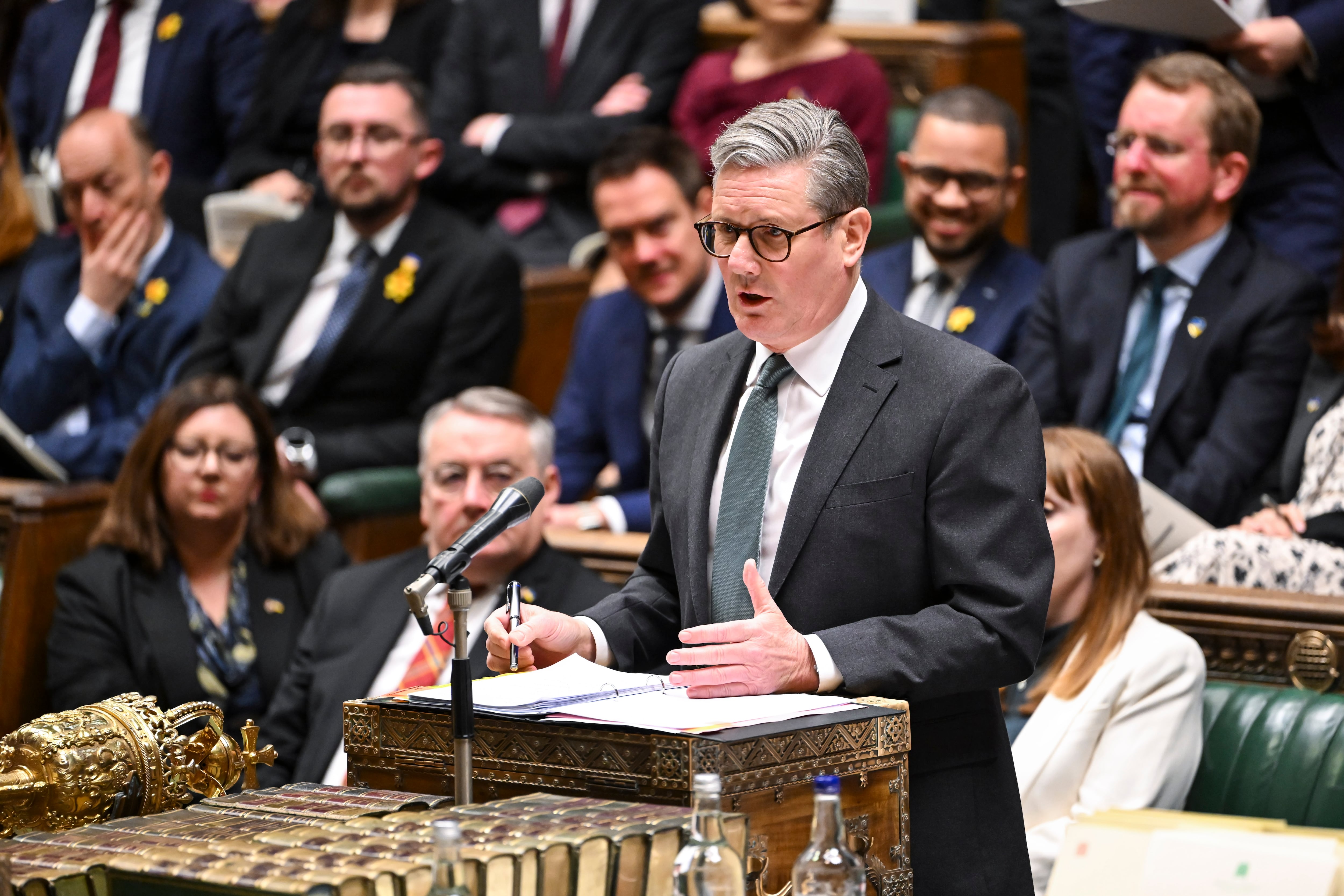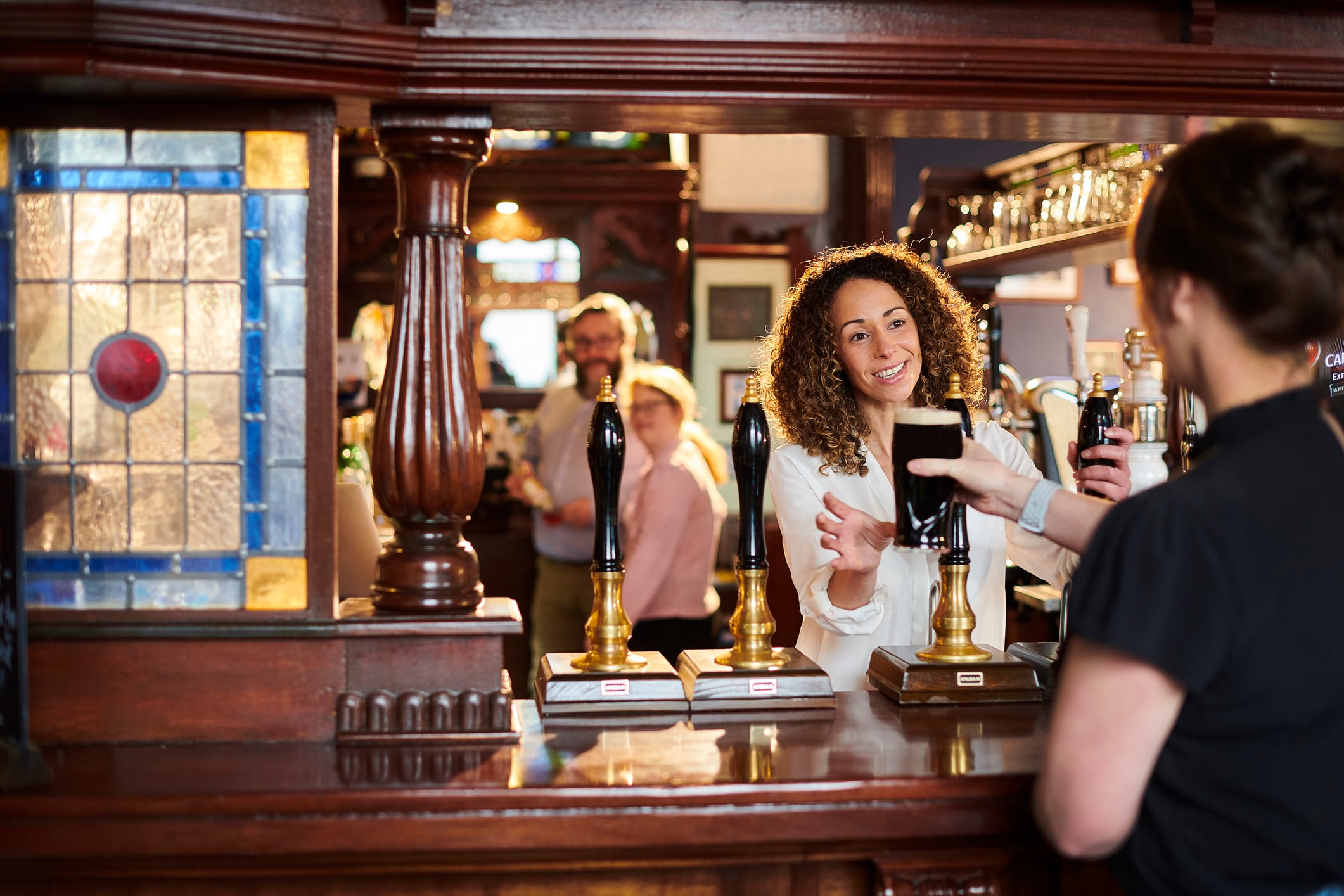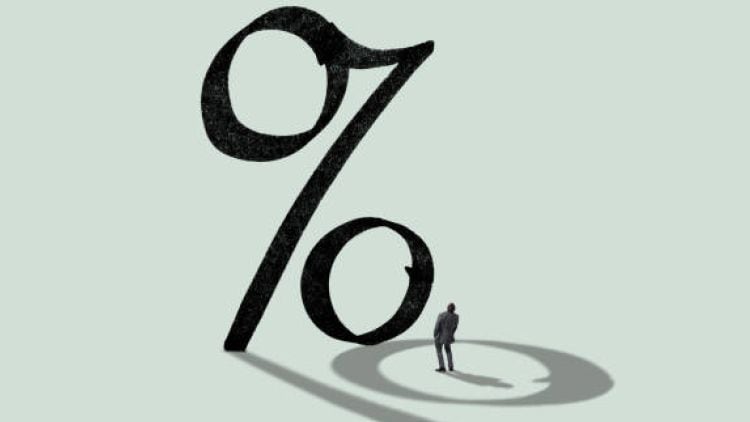On 4 July 2024, the Labour Party, under the leadership of Keir Starmer, came into power with a landslide majority of 412 seats (to the Conservatives’ total of 121).
What has this year meant for the pub and hospitality sector?
Many would say very little. It’s been a roller coaster ride. Costs are piling up with increased taxation, skyrocketing employment overheads and operating costs, including energy and food - it is a tough trading environment.
April 2025 saw the hospitality sector face a £3.4bn hike with an additional £1.9bn in wage costs, £1bn in employer national insurance contributions and £500m due to a reduction in business rates relief from 75% to 40%.
Hospitality and pubs were excluded from the Government’s Industrial Strategy, and now there are also the changes proposed for the Employment Rights Bill.
And there seems to be more to come.
While not policies started by the current Government, one on the horizon is the implementation of Martyn’s Law and then there is the potential knock-on impact of Extended Producer Responsibility.
This all combined with a cost-of-living crisis which is impacting consumer pockets.
Then of course there was the mooted smoking ban in pub gardens, which was axed, at least for now, to the relief of the industry.
There have been a few more positive moves, with Labour committed to reforming business rates, and plans to cut down on anti-social behaviour through increases in policing.
The Government also announced plans to remove the red tape stifling the industry with moves to improve the application of licensing laws.
It included a landmark pilot that it said could see more alfresco dining and later opening hours in London, as the Mayor of London was granted new powers
There was also a small beer duty cut.
But trade associations are still concerned about the cumulative impact of all of these policies on the sector.
Not just a business
British Institute of Innkeeping CEO Steve Alton said while the Prime Minister has stated his support for the nations’ pubs including ‘it is not just a business, it is something more than that in terms of a place that’s at the heart of our communities’, the Government’s actions are simply having the opposite effect.
“At a time when pubs were already struggling to make a sustainable profit through unfair energy prices, embedded high inflation in food and drink costs, paying back covid related debt and escalating costs of employment, they were hammered with additional taxes,” he said.
“The cost of employment has risen significantly and business rates bills have doubled leaving only one in four making any profit. This has resulted in reduced trading hours, lost jobs, cancelled investment and has stifled vital growth.”
Alton added: “With fair taxes pubs can provide local skilled employment for people from all backgrounds, can underpin local regeneration, provide vital support for local suppliers and brewers, continue to provide an essential community hub open to all and provide vital economic growth.”
The CEO called for the Government to take a different approach to the sector moving forward.
“As it enters its second year in office this Government can take action to get behind our nations pubs, unlock employment opportunities and growth while also preventing unnecessary failure of long-standing pub businesses that are a unique part of our national heritage and day to day life,” he added.
The Night Time Industries Association (NTIA) was more scathing of the Labour Government’s first year in power, describing it as a “catastrophic cliff edge” for businesses within the night-time economy.
It warned the sector is being driven toward collapse due to government inaction, broken promises, and systemic policy failures, with urgent challenges being met by long-term strategies that offer no immediate relief.
Devastating
“This past year has been a devastating chapter for the night-time economy. Labour entered government on the strength of clear promises to reinvigorate our high streets, uplift cultural and grassroots venues, and protect the jobs and livelihoods of those in nightlife, hospitality, and entertainment.
“Yet those pledges have not just fallen short, they’ve been cast aside,” said CEO Michael Kill.
“Instead of delivering tangible action and a decisive strategy to stabilise and grow the sector, we’ve been met with indecision and distant, long-term proposals that fail to address the immediate crisis facing our industry.”
Emma McClarkin, CEO of the British Beer and Pub Association (BBPA), said the year had been another tough one for the sector, despite recognition from the Government of the importance of the great British pub and beer sector.
“We are pleased they have heard our calls in committing to urgently needed business rates reform, the establishment of a licensing task force and the draught duty cut. The commitment to support growth of No and Low alcohol products is also much needed and welcome,” she said.
“However, like many sectors we found the Autumn Budget extremely painful, and we are still facing huge burdens, particularly in terms of employment costs and the cumulative impact of taxes and regulation, including of course packaging reforms.”
McClarkin said the BBPA supports Labour’s goal to boost growth and investment.
“I remain hopeful that Labour’s second year will create conditions that unleash our brewers’ and pubs’ rich potential,” she added.
UKHospitality Chair Kate Nicholls agreed the year has been exceptionally challenging for hospitality, not least due to the huge cost increases subsequent to the Budget.
She said this has had a devastating impact on growth, job creation and business viability: “Nevertheless, there have been some positives, including the Government listening to our longstanding ask for substantial business rates reform. With the finer details set to be unveiled in the Autumn, we hope to see the maximum discount for hospitality businesses, as well as exemptions from the surcharge.
“We have seen time and time again that our sector is extremely capable of meeting the Government’s growth and employment objectives, if given the optimal operational environment.”
Nicholls added: “Therefore, we now desperately need to see action if hospitality is to deliver on its potential to grow and unlock jobs.
“This starts with the imminent autumn Budget, and we urge the Government to listen to our asks to fix employer National Insurance Contributions, lower business rates and cut VAT.”




